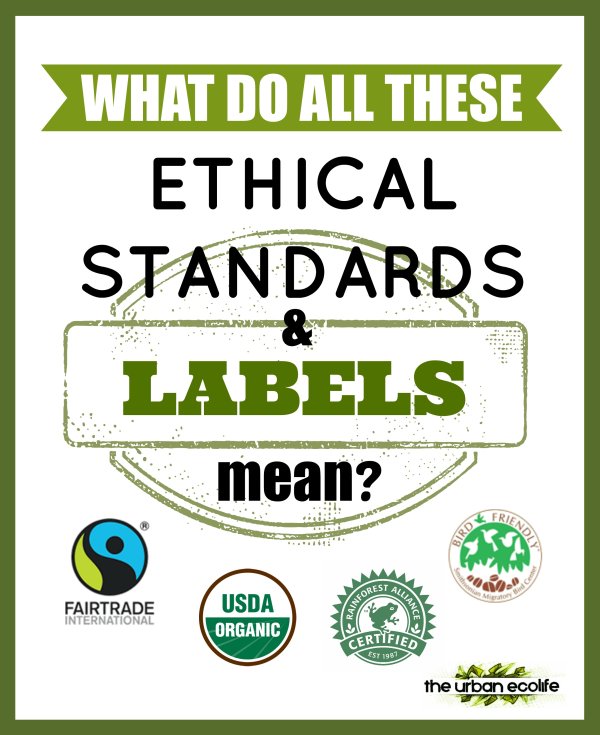In class, we will discuss ethical labels on foods (organic and other labels), and this is even part of your assignment for the week. The presumption is that these labels make a difference to consumers. In other words, all things being equal (e.g., quality, price), would a consumer choose a product with an ethical label over one without such a label? Moreover, would a consumer pay more for such a product?
Naturally, there are research studies that have asked this exact question. In a 2021 study, researchers in Belgium recruited 179 consumers to evaluate three food products (nuts, juice, and chocolate). Each of these products was presented to panelists in pairs – one was labelled as Fair Trade and the other was conventional. Of course, both were the same Fair Trade product.
A sensory panel was used to determine “liking”. For this study, the scoring was based on a 9-point hedonic scale, where 1 = dislike extremely, and 9 = like extremely.
So, do you think the panelists would like the Fair Trade-labeled product more than conventional?
Yes, not did the Fair Trade labeled products get a higher liking score, but the panelists were also willing to pay more for the chocolate and juice (not so for the nuts).
Interestingly, although the panelist clearly liked the Fair Trade labeled product more compared to conventional, they viewed the sensory attributes about the same. Thus, based on this and other similar studies, the appeal of an ethical label appears to be independent of the actual product attributes. However, defining the basis of that appeal is more complicated.
Image: www.theurbanecolife.com

